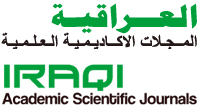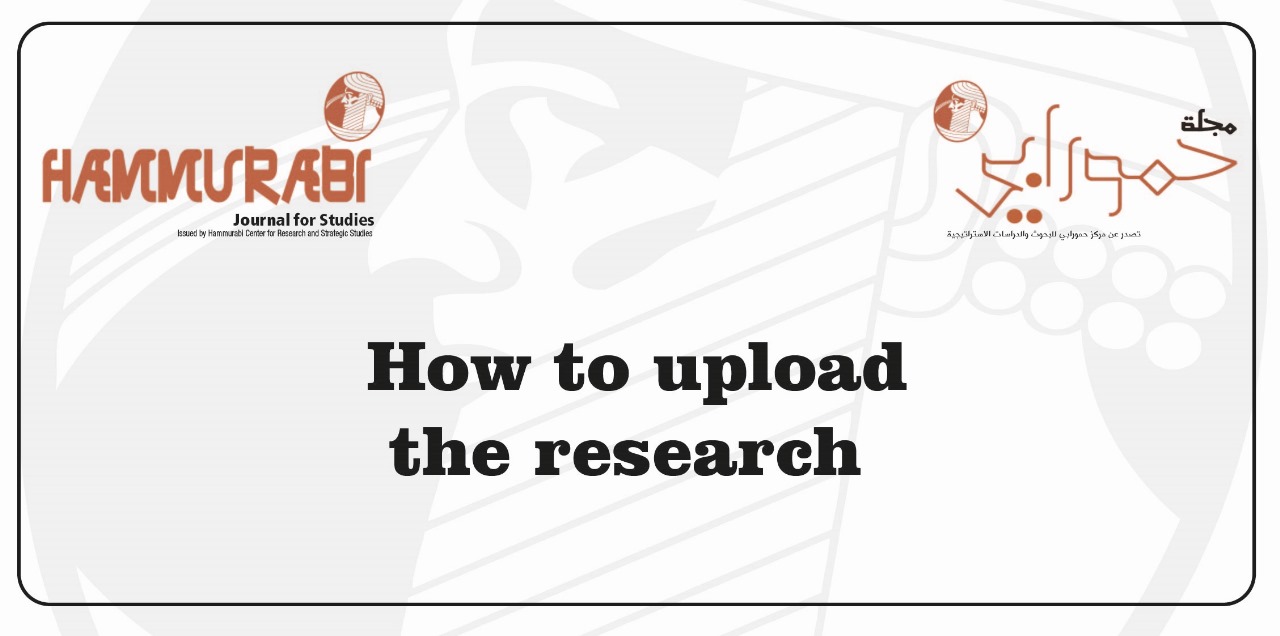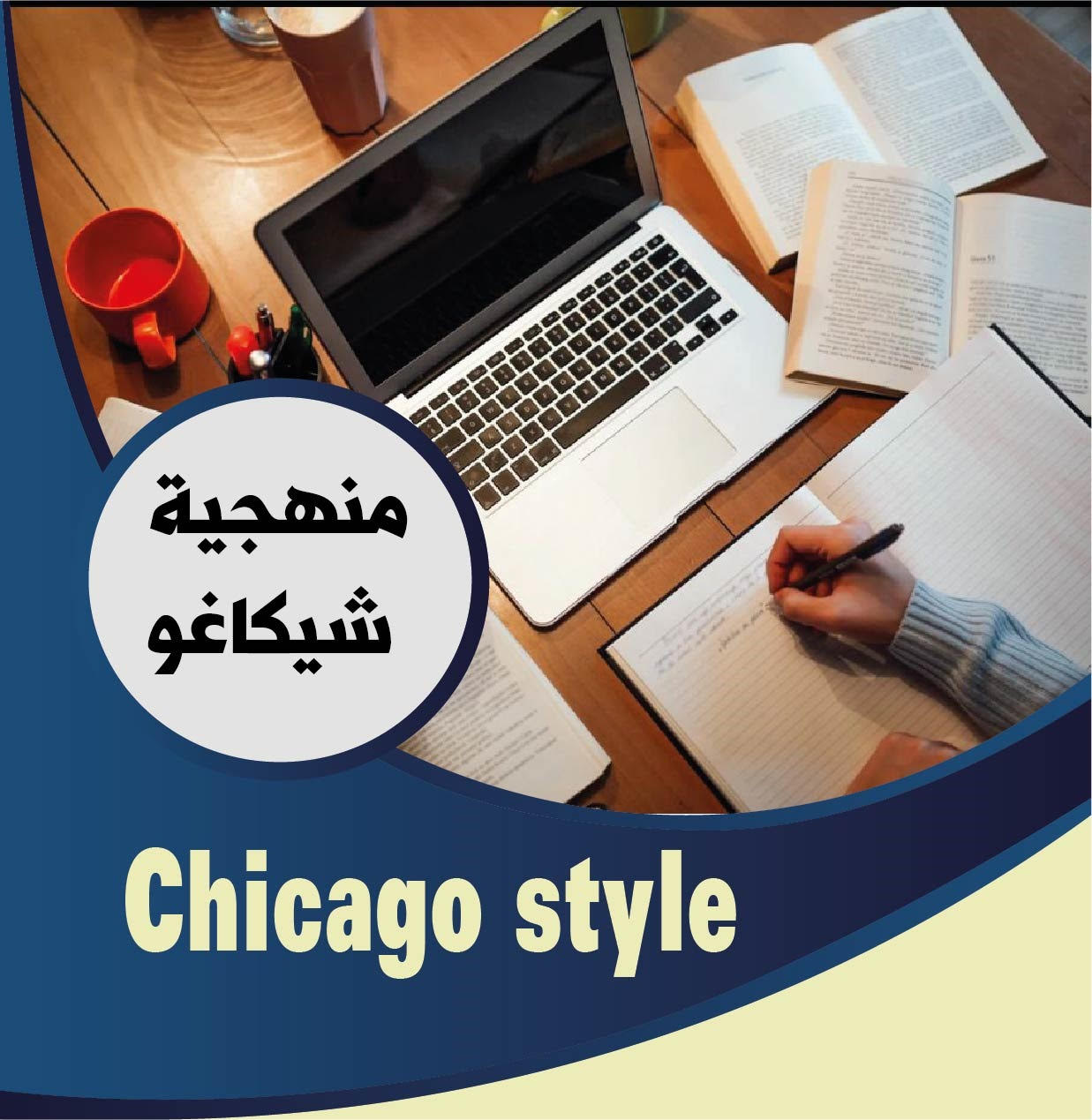Cognitive awareness and its impact on the strategic environment"”Analyzing the implications of reactive impulse”
Abstract
No doubt those strategic studies are one of the most complex studies in the field of human sciences. Given the intellectual foundations it requires, based in its confirmation, on extensive knowledge in the field of specialization, and that the strategic environment is not without the need for a cognitive awareness of the decision-maker, for the general debate of its details and dimensions, especially the security dimension.
It goes without saying, that the cognitive accumulation of information, data and experiences generates the desired perception in the strategic environment, and from there, the ultimate goal is to create the factors of perceptual correlation between knowledge, which form the basis for achieving the goals, through the manifested strategic construction, by means of translating knowledge. And presenting it to a tangible reality, leading to the security represented by the final outputs, whether it has its positive or negative side.
Accordingly, the following can be reached:
- Knowledge can meet the challenges of the global strategic environment.
- Knowledge can achieve a relatively stable security environment, and vice versa.
- The strategy is no longer feasible without relying on the knowledge base.
- The criterion of what a state possesses in terms of knowledge is its main determinant in the field of state development, and vice versa.
- The developing country, if it wants to achieve progress in a specific field, must resort to building the knowledge base, and then proceed to building other forces.
- The country with innovative power ranks high in the ranks of global powers, and vice versa.











